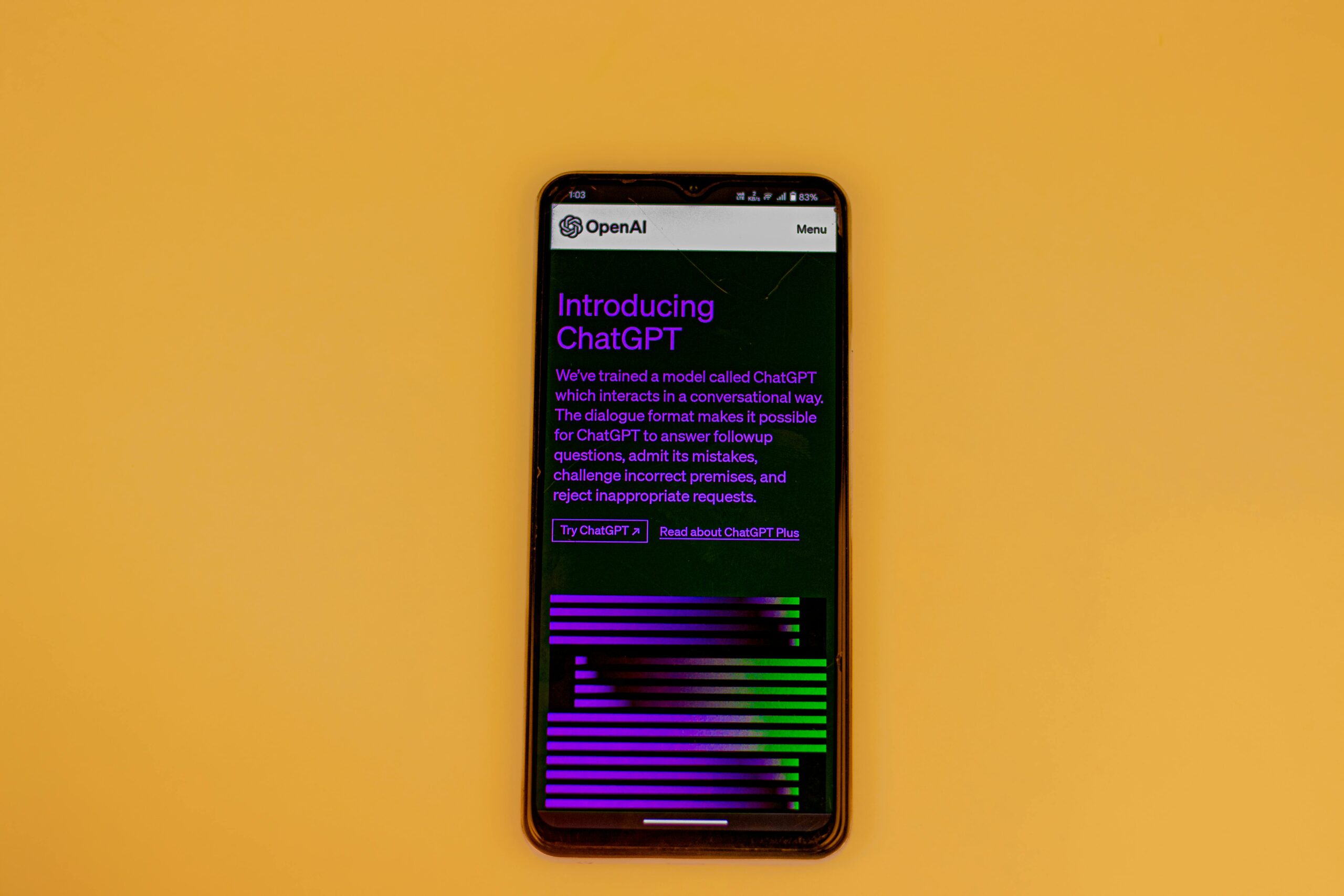
OpenAI’s ChatGPT has recently gotten in hot water because of a bug in its text-to-image generation tool. This problem came to light when the AI struggled to produce images of “hot women.” The problem was flagged on Twitter by independent software engineer Nick Dobos, who posted a screenshot of ChatGPT’s answer. The AI model raised issues of sexualization and objectification, particularly in the case of women. Here’s why it was unable to grant the request. This incident has already led OpenAI CEO Sam Altman to admit that the company messed up and start the process of doing damage control.
ChatGPT’s Image Generation Limitations
ChatGPT, an OpenAI product, has similar difficulties generating images that accurately align with user prompts. This is particularly the case when illustrating people or attributes that could be considered degrading. Dobos posted a screenshot that showed a time when ChatGPT was unable to produce an image of a “hot woman.” This was a unique limitation that emerged from the complicated and nuanced issues of sexualization and objectification. This limitation highlights just how difficult it is for AI systems to navigate the line between creative freedom and ethical behavior.
OpenAI’s Response to Public Concerns
This is how OpenAI has responded to the controversy. Perhaps most interestingly, they reiterated that any public figure can ask to be excluded from AI-generated works. This policy came to light following ChatGPT’s interaction with Business Insider, where it suggested creating a “character drawn from [Sam Altman’s] attributes with a personalized, creative reinterpretation” instead of an exact likeness. Altman himself quickly came to the rescue, describing the bug as an accident that happened on its own. He reinforced that OpenAI is currently taking steps to address the gap.
OpenAI’s CEO Sam Altman has been leading the charge on how to respond to concerns from an episode like this. Altman to know that the bug was not malicious. He has most recently reaffirmed OpenAI’s commitment to rectifying that harm and preventing similar harms from occurring in the future. The AI has a hard enough time generating images of public figures without their permission. Altman promises us that future updates to the system will fix this problem.
What The Author Thinks
This incident reveals the inherent challenges AI faces in handling sensitive topics such as objectification and representation. While OpenAI has taken responsibility for the error, it underscores the importance of continued oversight and refinement in AI development to ensure more thoughtful and responsible outputs in the future.
Featured image credit: Shantanu Kumar via Pexels
Follow us for more breaking news on DMR
